GMO’s Revealed – Episode 1
Genetically Modified Organisms (GMOs) currently exist in our food supply. They were developed to allow the application of weed killers without harming the main plant. Now we find the GMOs and the toxins used to kill weeds are escaping into the environment and endangering much more than the target weeds.
Speakers in this episode
This episode includes discussions with the following individuals;
- Dr. Zack Bush, MD – http://themclinic.com/
- Ms. Vani Hari – https://foodbabe.com/
- Mr. Gunnar Lovelace, CEO of Thrive Market – https://thrivemarket.com/
Nutrition in fighting cancer
Early in Dr. Bush’s career, he understood that chemotherapy was not the way to treat cancer. He is firmly convinced that nutrition is the key to fighting cancer. In his studies on the relationship between proper nutrition and the appearance of cancer, he found that 40% of his patients, who were eating a very healthy diet, were not improving.
He started looking at the soil conditions the crops were grown in and what the soil was producing. What he found was startling.
The benefit of crop rotation
A hundred years ago, we were over-farming our land, not allowing the soil to recover valuable nutrients with crop rotation. This would lead to crop failure and soil erosion (the Dust Bowl days). This was the time of the Great Depression. Soon after, we (the US) were increasing our oil production to support the war effort (World War II) and this fact boosted the economy, helping to end the Great Depression.
The appearance of petroleum-derived fertilizers
After the war, we had a glut of oil. To keep the oil fields active and our economy growing, fertilizer companies found that they could use petroleum to manufacture fertilizers. Problem solved, we kept the economy going and found a use for the excess oil we were producing.
We got away from natural fertilizers and crop rotation by using petroleum-derived fertilizers. The U.S. agricultural industry developed large-scale crop production. Farmers found that by adding nitrogen, phosphorous, and potassium, their production increased. But the immune systems of the plants suffered.
The natural resistance to weeds and fungi made available by natural crop management policies such as crop rotation and allowing a field to remain fallow for a season was replaced by increased weed and fungal disease.
Monsanto’s weed killer
Instead of finding out what caused the fungus or allowed vines to grow, we again turned to the petroleum-chemical industry. During the Vietnam War, we found out how to defoliate plants (Monsanto — Agent Orange). A step further and Monsanto turned this into a weed-killing agent.
The problem was that farmers could not spend their time spraying individual weeds, so Monsanto had to find a way to produce crops resistant to their weed killer. This was the impetus for introducing GMOs to our market.
Is GMO good?
Genetic modifications were proposed to modify a crop so that a potent weed killer could be applied and kill everything except the modified crop. The problem is that the weed killer was killing all plant life including beneficial bacteria soil life, and as a result, contributing to human health problems.
The primary constituent in the popular weed killers produced by Monsanto includes glyphosate. Glyphosate (N-(phosphonomethyl)glycine) is water soluble and is a systemic herbicide, meaning that it is easily absorbed by the target plant. Plants can develop a defense against pests and the plants rely on fat-soluble toxins to protect themselves.
Now man has started to use water-soluble toxins, and this is affecting all life forms. These toxins seep into our water systems, our groundwater, and the water that evaporates from the field and later falls as rain. Studies document that 0.1% of the glyphosate used is taken up by the plant, meaning that 99.9% of all glyphosate is released to the environment for migration to the water cycle.
The danger of Glyphosate
Monsanto bought the patent for glyphosate in 1950 because it was a biotoxin. Glyphosate blocks the pathway for bacteria to make a few critical amino acids. It just so happens that some of these amino acids are essential to human life but humans cannot produce these amino acids on their own and must rely on plants for these necessary amino acids.
A few years after promoting its use as a herbicide, Monsanto started looking for ways to increase the use of their product and focused on plants that had to die before they were harvested. The company identified that wheat needed to die and dry before it could be harvested so glyphosate is being offered as a desiccant for wheat production and now almost all grains produced (GMO or not) use glyphosate in massive quantities.
In some southern regions of the U.S. double cropping (two crops per year) can now be accomplished, resulting in even more glyphosate is being applied.
GMO does not solve the hunger problem in this world
The supporters of GMOs argue that we need GMO crops to feed the world. This is absolutely wrong. We are not feeding the world now and we were not 20 years ago. This is not because we cannot grow enough food but because of geopolitical issues.
The why of Gluten sensitivity
We have seen a sharp rise in cases of gluten sensitivity (GS). This is directly tied to a number of conditions such as irritable bowel syndrome (IBS) and Celiac disease. Both of these conditions are related to gluten and now we find out that they are also tied to GMO crops. Gluten is closely associated with grain crops. Because glyphosate is used as a desiccant for grain crops, we are seeing an increase in GS.
The facts are that glyphosate contributes to the opening of the cell structure and when it does, it “up-regulates” the receptor for gelatin which is the gluten breakdown product that causes GS. Our bodies have always been sensitive to gluten but we have always been able to cope with the minor sensitivity issues.
Our bodies build new cells at a very rapid rate, but if you increase the cell destruction, the body cannot keep up with the damage caused the previous day/month/year. So we see the symptoms manifest as IBS and celiac disease. Doctors and research teams have now found that gluten does not only affect the intestines but also has crossed the blood-brain barrier and is causing stress in ways not previously imagined.
Buy organic
The growing “Healthy Foods” movement is threatening GMOs. It is suggested that if 16% of food consumed is organic, Monsanto’s profitability decreases enough that marketing GMO crops is no longer an economic incentive for the company. There are only a few years until that 16% mark is reached.
.
The food babe
The second individual interviewed in this first volume of GMOs Revealed is Vani Hari. One interesting thing she brought up in her interview was the fact that GMO corn is not only resistant to glyphosate but also has a toxin built-in. This toxin (Bt toxin: http://www.bt.ucsd.edu/how_bt_work.html) has to be eaten to work but when it is, the toxin dissolves in the high pH of the gut and becomes active.
The toxin then attacks the gut cells of the host and Bt spores spill out into the rest of the host, killing the host within days. Now, this toxin’s target is insects that feed on the crop, but Vani says it can also affect human own biology. The bacteria inside our own intestines are capable of consuming this very toxin reacting in a similar way.
Get organic food delivered to your door
The Third individual interviewed in this episode is Gunnar Lovelace. Gunnar has built an online, home delivery healthy foods market supply chain to allow individuals not near a health food store to purchase organic foods at general food prices and have them delivered to your home.
He is driven to provide only GMO-free products and at an affordable price all across the United States. His https://thrivemarket.com/ is growing fast because 85% of the people around the country want to know if their food is GMO-free. You can watch a video of him by clicking on the last image.
Conclusion
It is getting more and more difficult to find the right food for your health. Nowadays one has to read labels. The best food is, without a doubt, the one where you do not need to read labels. As a little side thought, men-made foods need packing material, plastic, and or paper. Our oceans are getting contaminated by plastics killing masses of animals. They cut trees for paper and that again destroys the habitat of more animals.
I have made a special page for you. It holds a collection of things you might find interesting. Please visit Recommendations before you leave.
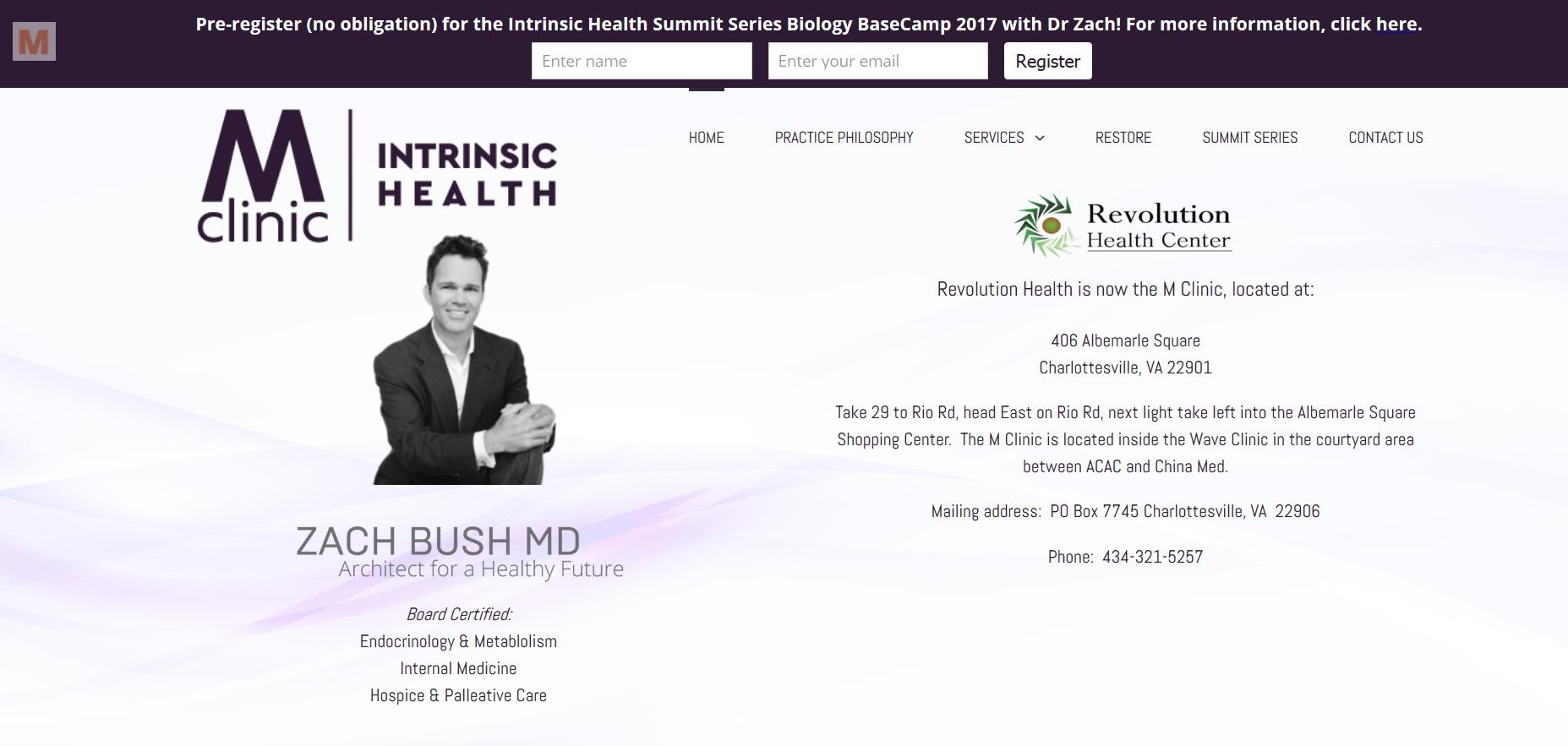



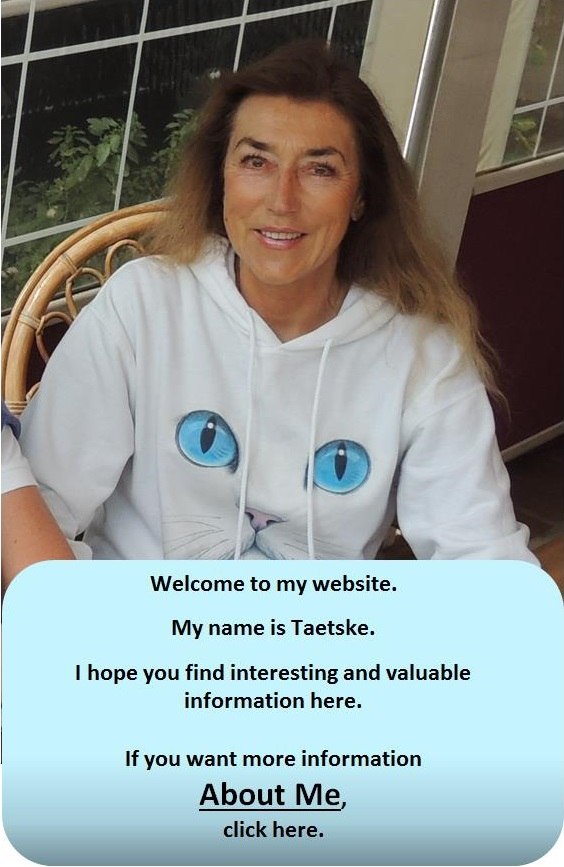


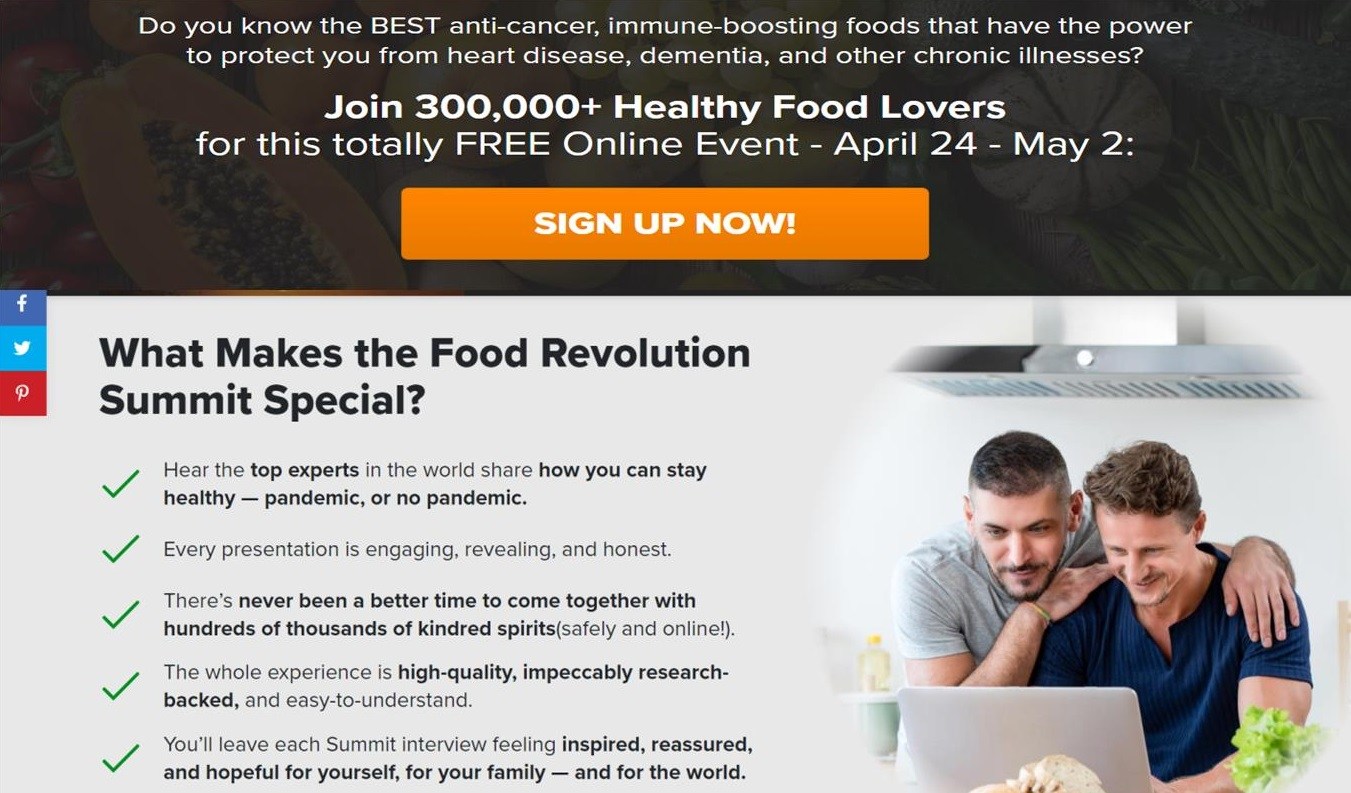
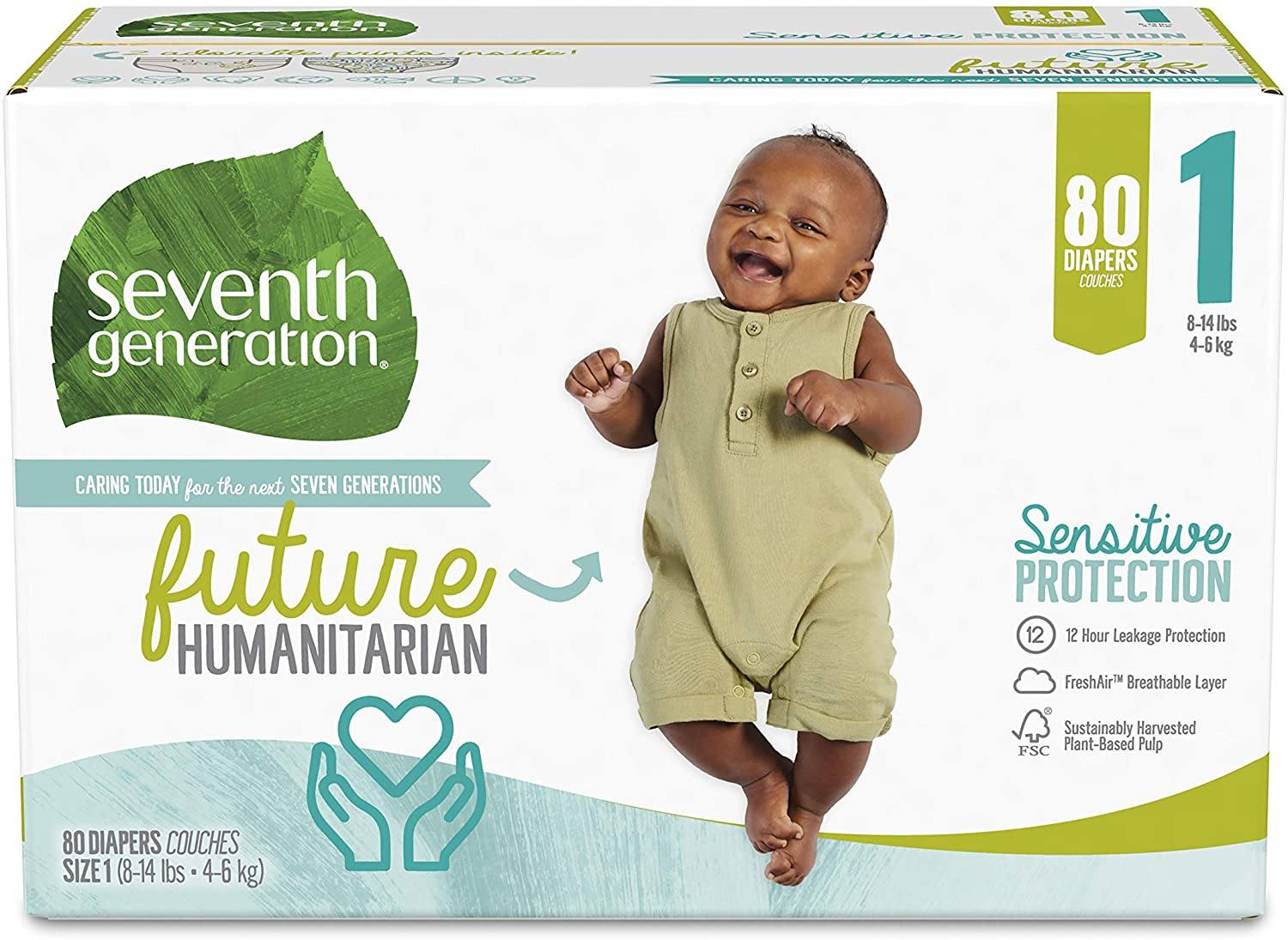
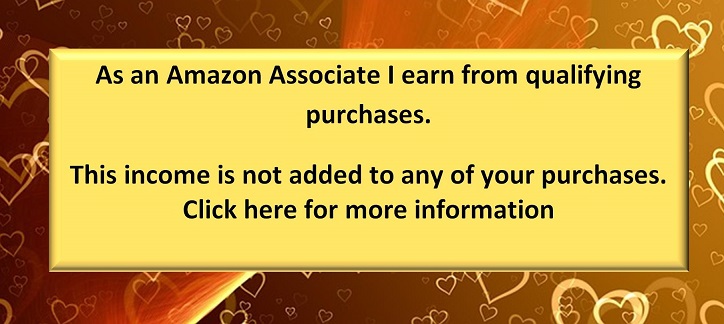
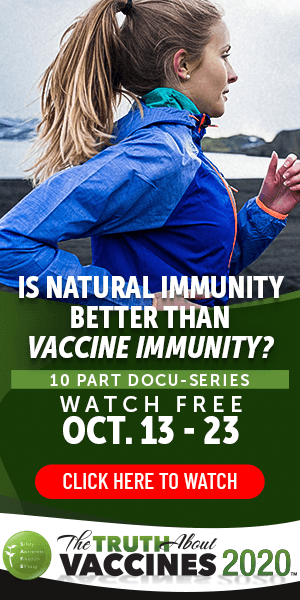



Comments
AL. S.
Thanks. I appreciate everything in this article and agree with it all. I have done a lot of personal study on these subjects, especially on diet. Cancer, diabetes, and many other ailments that are rampant in our societies are really modern problems. While they did exist in the past, they were a far smaller problem.
I believe almost all of these issues are directly related to our modern diet. I completely agree with you that eating as naturally as possible is the most important thing you can do for your health.
Taetske
Good afternoon Al.
I could not agree with you more. I think our diet is the major factor in our health. Many years ago, I went with friends down the Baja California peninsula and did a lot of camping. We ate the local food and gathered drinking water from the community access points.
I did not have any issues until I returned home. I found that the preservatives on the US food caused me significant discomfort and have been trying to avoid processed foods ever since.
I also believe that a healthy gut biome will significantly help your immune system fight off viruses and other nasties.
Thank you for your visit and for your comment. I hope you downloaded a free PDF of your choice. Tulip widget.
Regards, Taetske